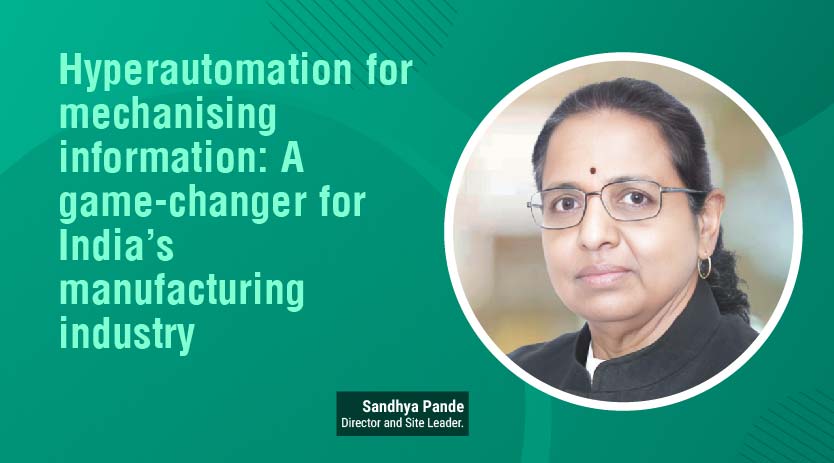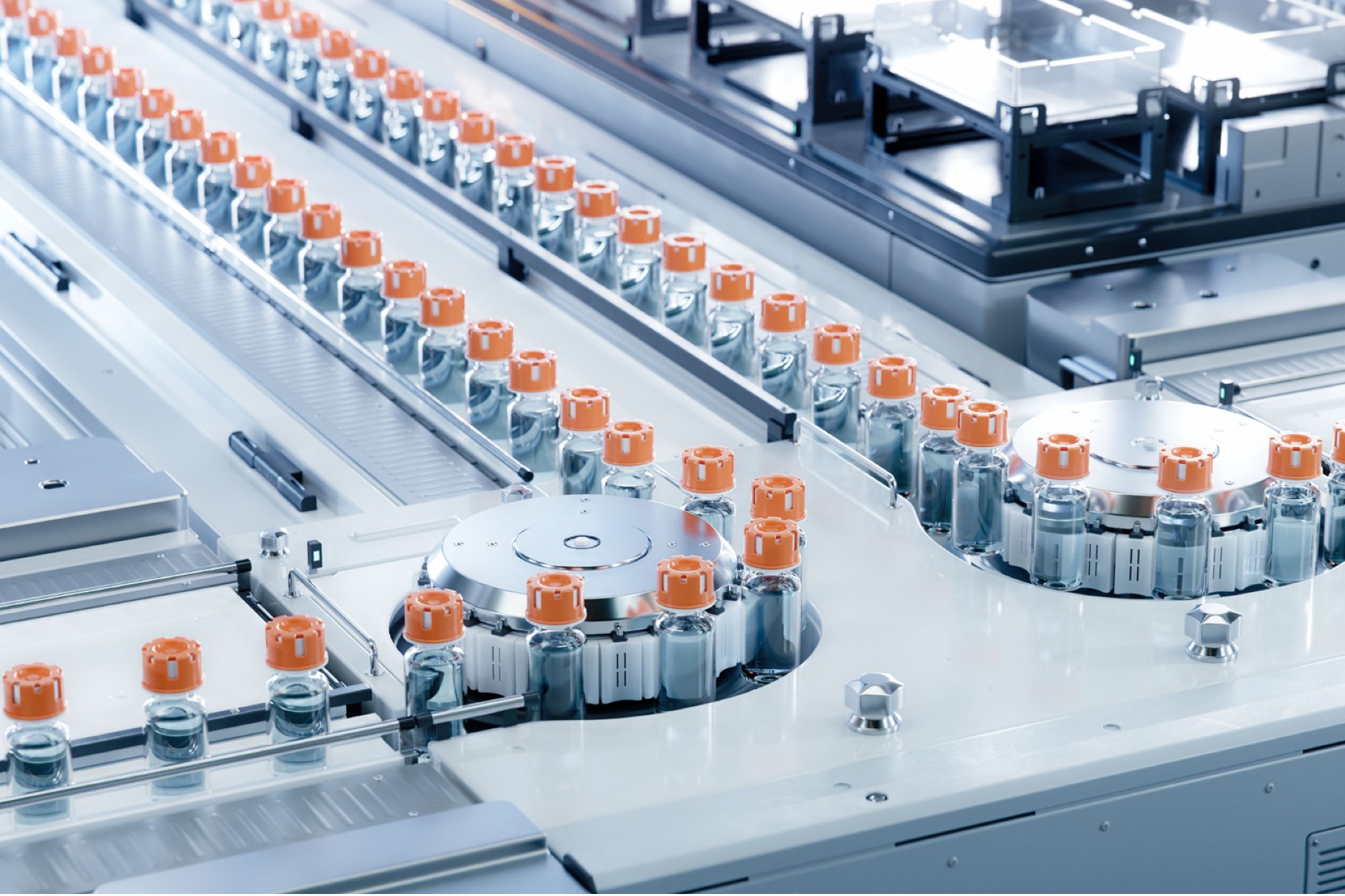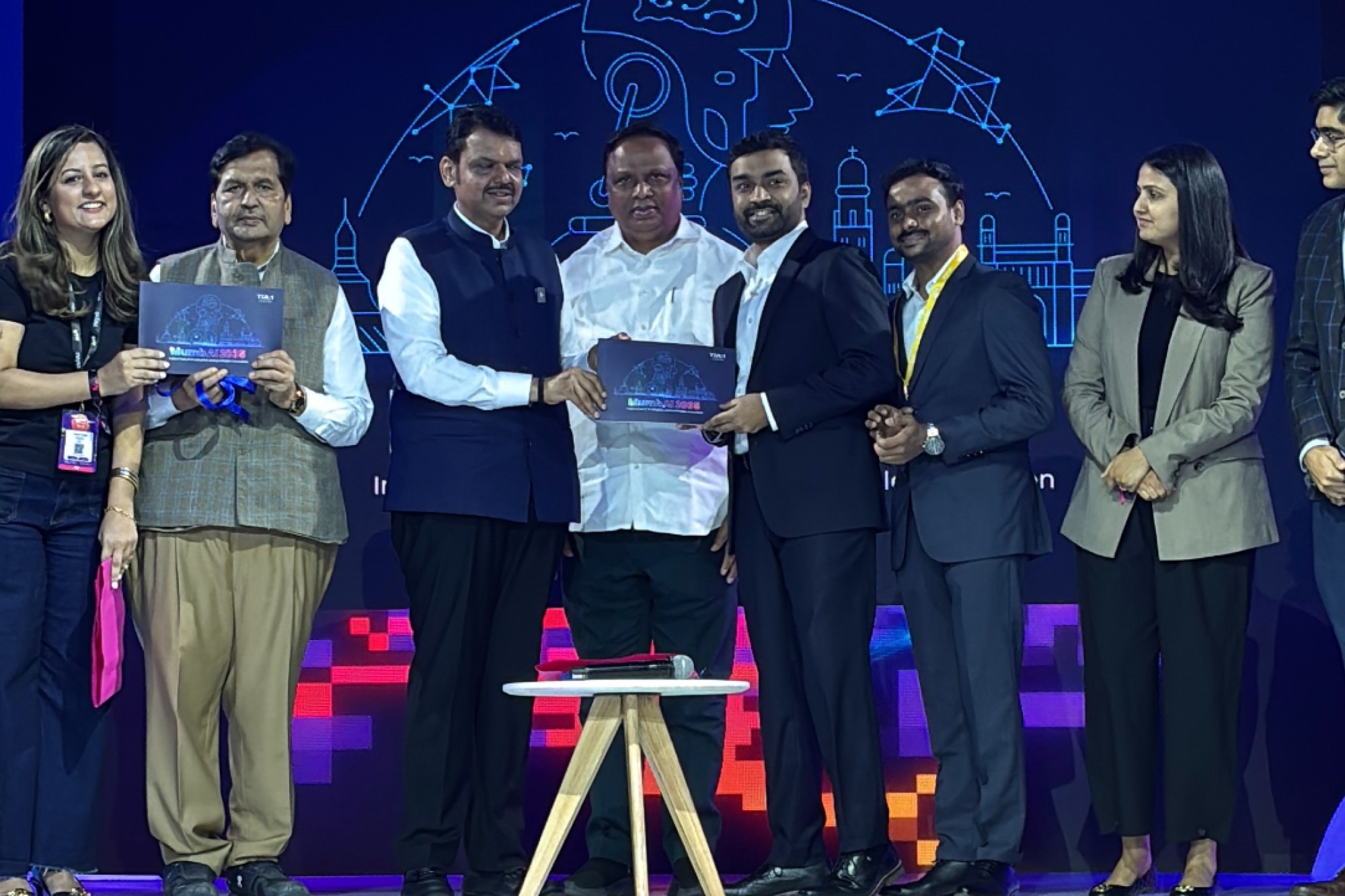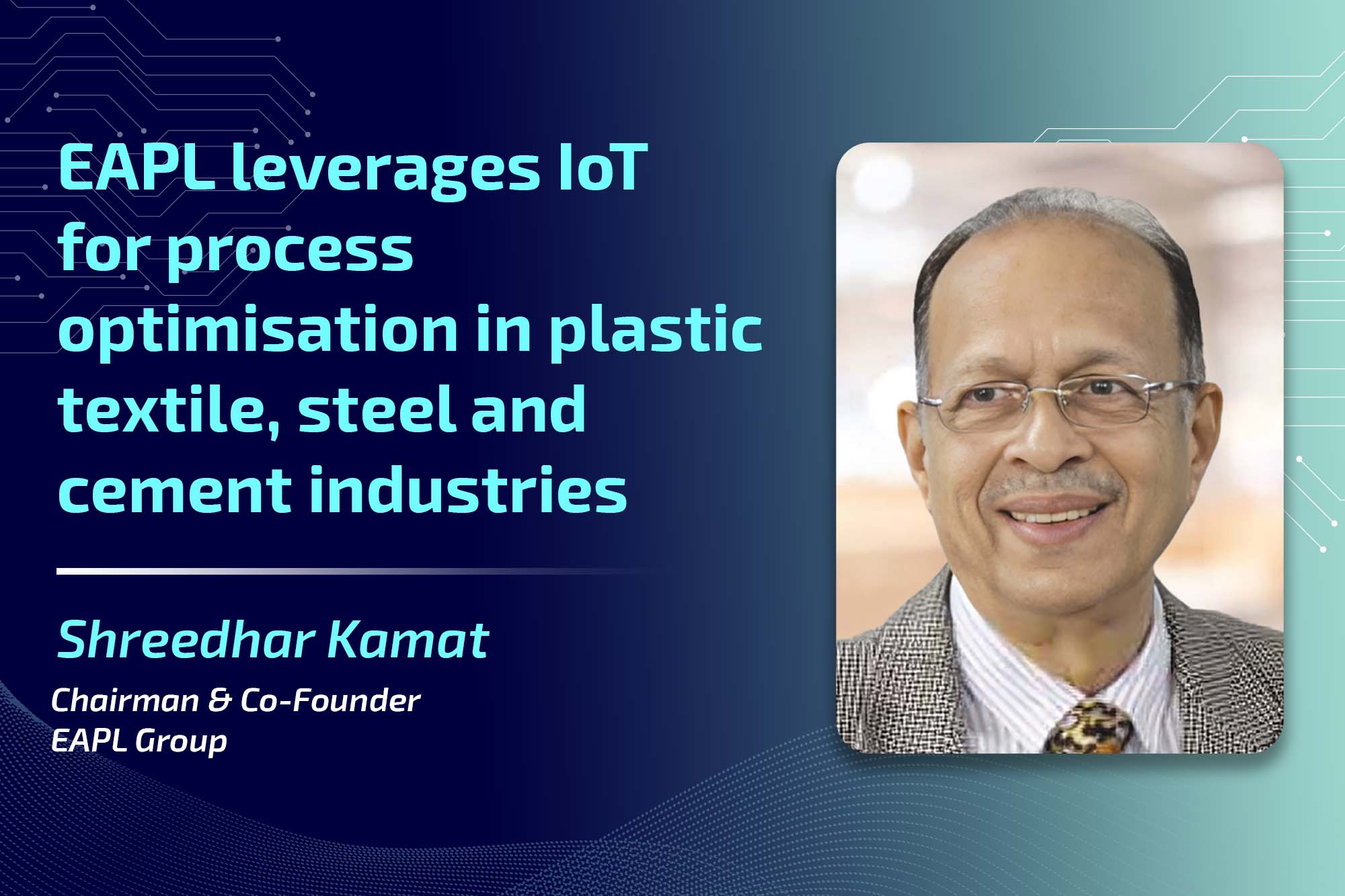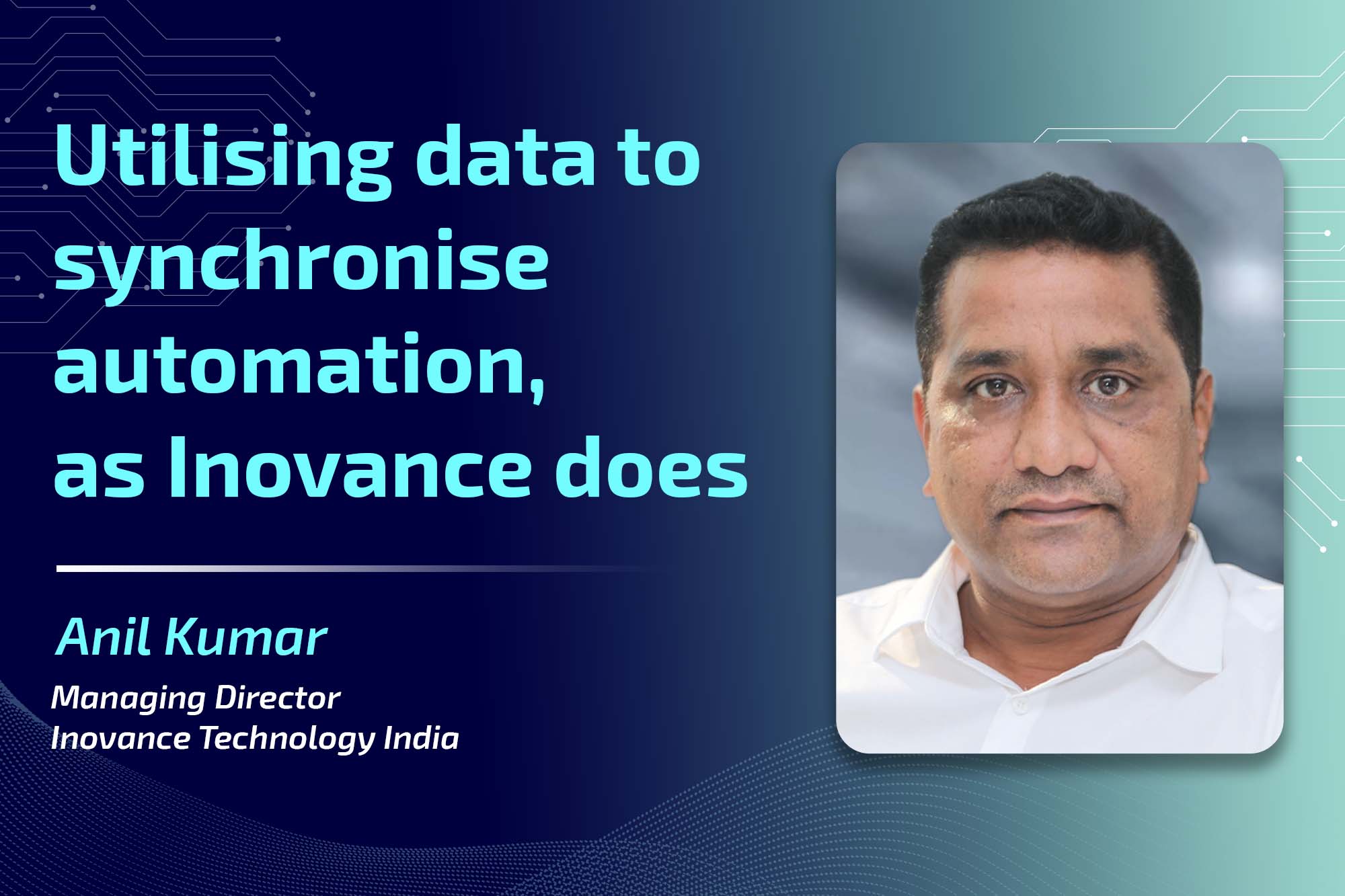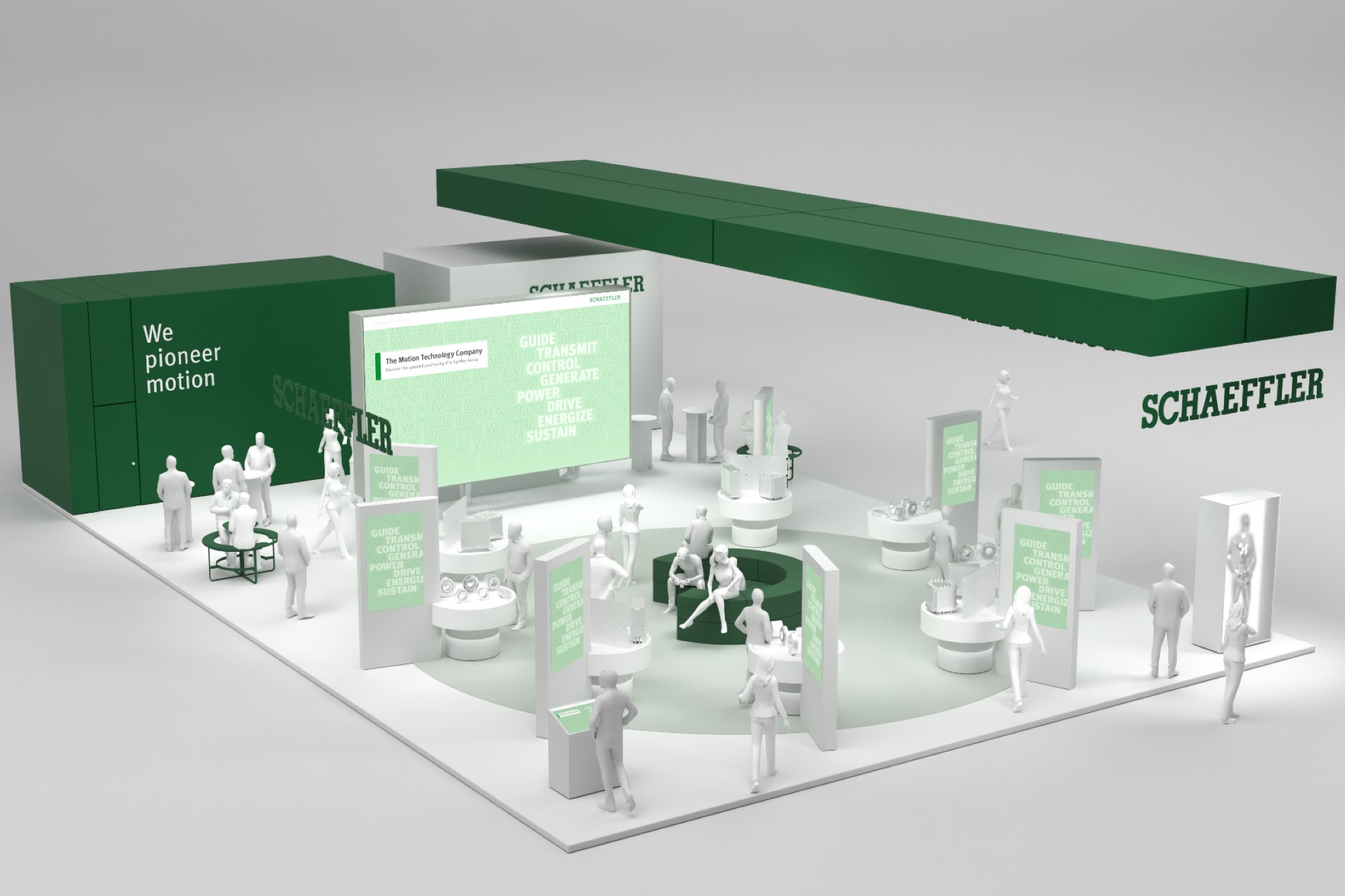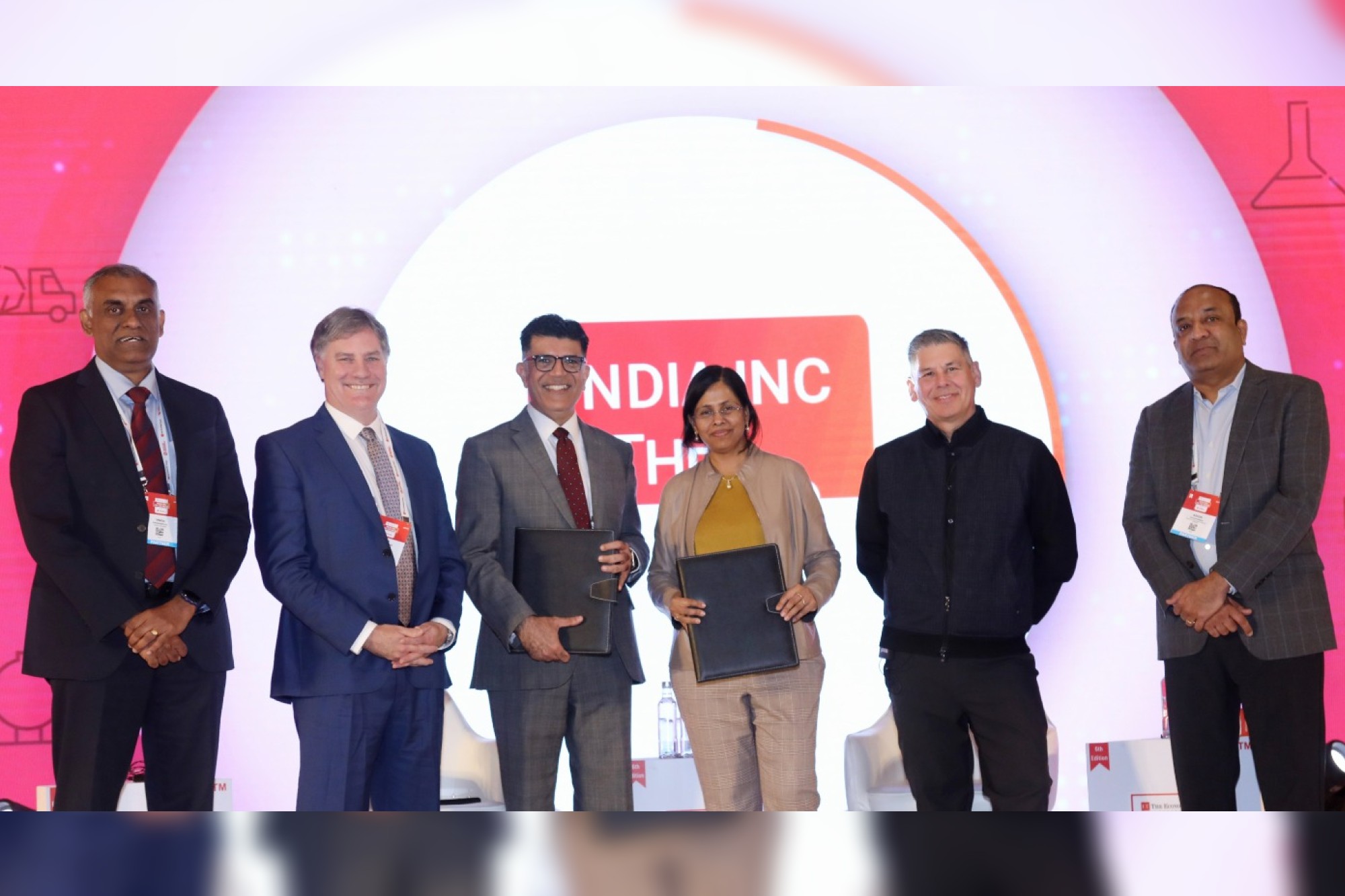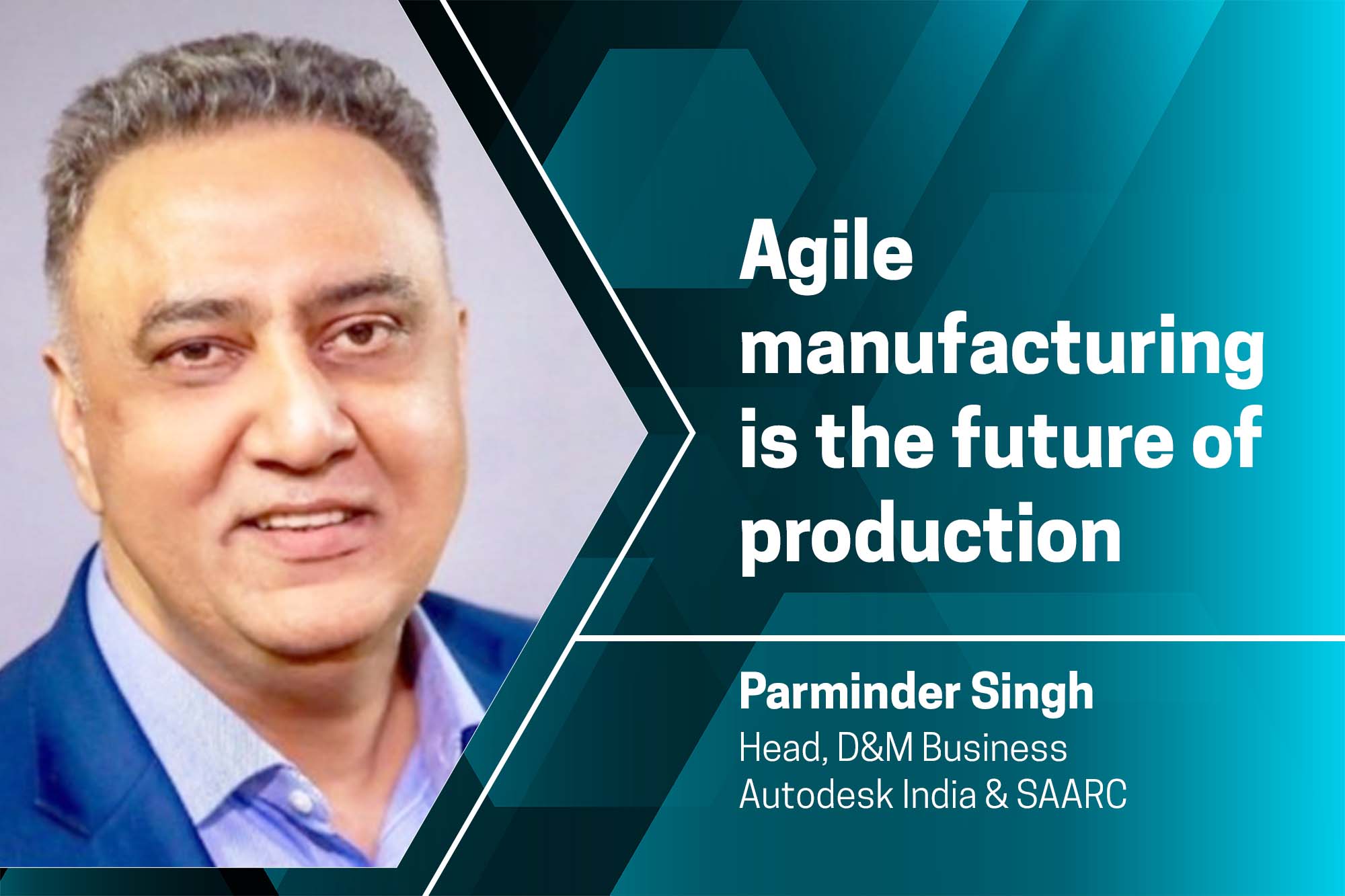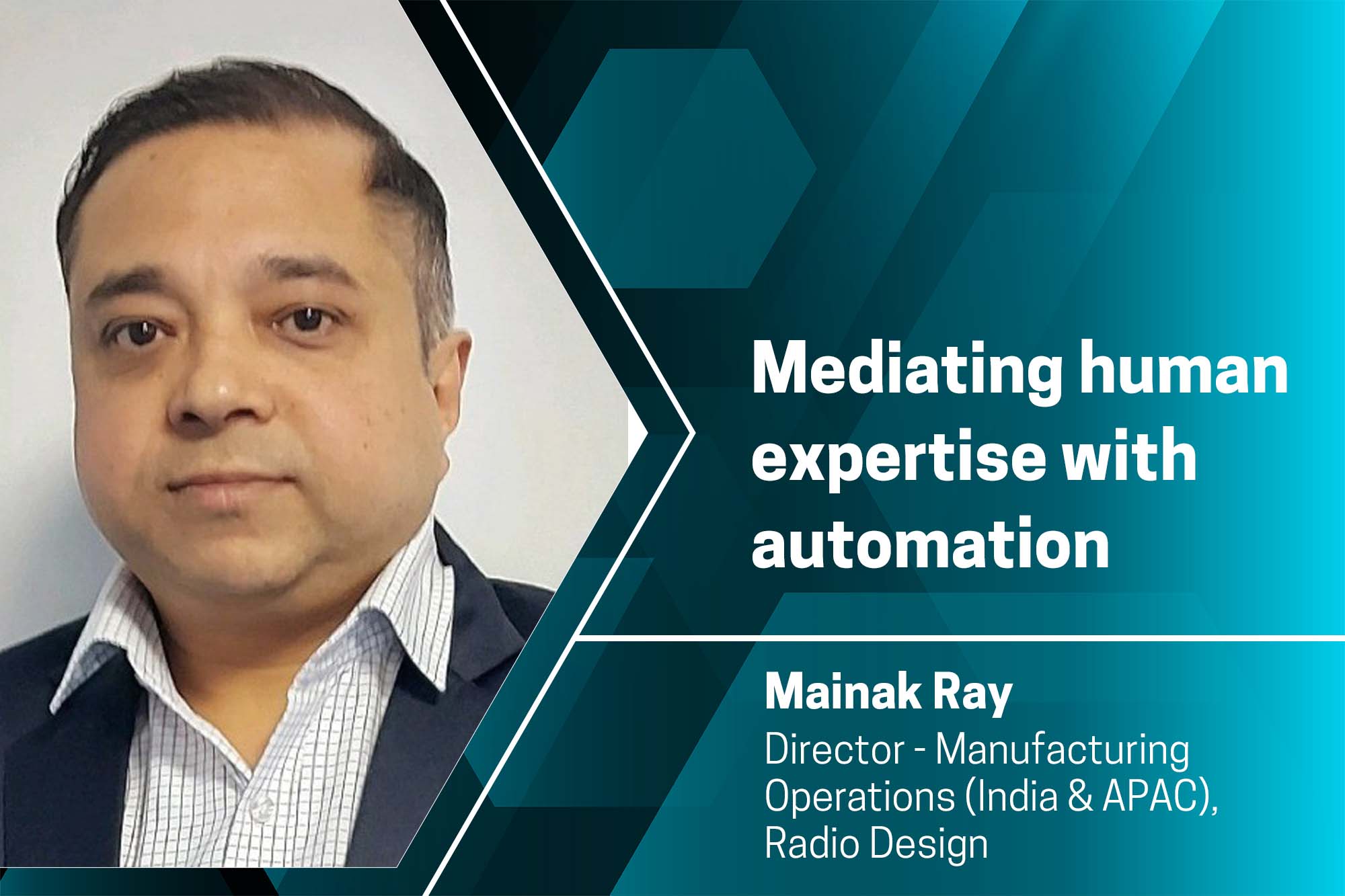Hyperautomation for mechanising information: A game-changer for India’s manufacturing industry
By OEM Update Editorial April 1, 2023 7:04 pm IST
By streamlining routine processes, organisations can reduce costs and improve productivity and efficiency, making these processes good candidates for automation with the help of AI and MI. In addition, the shift from 4.0 to 5.0 in the manufacturing industry is expected to bring significant changes, with the adoption of IoT-related technologies like IoT-based sensors and AI and MI to improve competitiveness.
Growth in the automation industry
India’s manufacturing sector is rapidly adopting automation in the service sector, particularly with hyper-automation integration. This integration involves collecting real-time data and utilising it in artificial intelligence and machine learning systems. This information can be used to develop equipment, machine learning, and artificial intelligence with good data and analytical integration. Over time, this digitisation of routine processes can streamline workflows, reduce costs, and improve productivity and efficiency, making these processes good candidates for automation with the help of AI and MI. Process automation is particularly relevant to manufacturing organisations, making it a suitable candidate for deploying hyper-automation, which includes AI, MI, robotic process automation, and business process management. Low-code and no-code tools can also be utilised to integrate with standard platforms based on the process, facilitating hyper-automation deployment.
New technology developments in automation industries in recent times
The manufacturing industry in India is undergoing a major shift towards automation, with hyper-automation being integrated with real-time information systems such as artificial intelligence and machine learning. When good data is available and analysed, it can be used to develop equipment or AI and MI. Streamlining routine processes with this information can reduce costs and improve productivity and efficiency. These processes can be automated using AI and MI. The shift in the manufacturing industry from 4.0 to 5.0 is becoming evident. The availability of data will be enhanced with the new 5G technology, and data processing and interpretation will be faster, leading to quicker decision-making. These technologies are taking shape in India and helping drive artificial intelligence. Robotic automation, including collaborative robots or cobots, will also change the face of robotics. To take full advantage of these two new technology trends, deploying certain IoT-related technologies, like IoT-based sensors, will also be necessary. New data-related technologies, such as artificial intelligence, machine learning, cobots, data science, blockchain, and cybersecurity, drive the 5G industry. The risks associated with data, including cybersecurity, are also becoming a priority with the introduction of data science. While the manufacturing industry needs to be faster to adopt these technologies, the shift from 4.0 to 5.0 is expected to bring significant changes to the sector.
To leverage AI and MI for business growth, it is crucial to identify processes that can be automated strategically. This involves determining where AI technology can be utilised to streamline complex and time-consuming operations, such as multi-level approval processes, which can impact employee productivity. By implementing a well-controlled system with AI and ML deployment, businesses can gain a competitive advantage by expediting efficiency and optimising overall cost and employee productivity. A survey conducted by HR revealed that managers spend almost 60 to 70 percent of their time on administrative tasks, which are routine and repetitive. To allow managers to focus on more skilled and value-adding tasks, AI can be used to automate these processes and drive workflow through artificial intelligence. This can improve capital skills, upskill employees, and enhance business competitiveness.
Hyperautomation to mechanise information
To utilise AI and MI for business growth, it is essential to identify which processes can be strategically automated and where AI technology can be leveraged to streamline operations and workflows. This can reduce unnecessary complexity and time-consuming processes and increase employee productivity. A well-controlled system with artificial and machine learning deployment can expedite efficiency and productivity, optimise overall cost, and help employees focus on value-adding tasks.
Disclaimer – Views expressed in the article are solely from the Author.
Cookie Consent
We use cookies to personalize your experience. By continuing to visit this website you agree to our Terms & Conditions, Privacy Policy and Cookie Policy.



